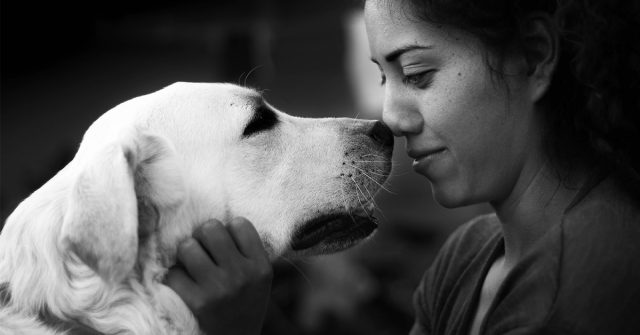A month ago, I went through one of the most soul-crushing and painful experiences of my life. The death of my beloved 15-year dog that I loved more than anything in the world. I vividly remember the way he looked me with those sad eyes, just a few hours before he took his last breath.
I just wanted to be powerful enough to do something that would take his pain away… but, I guess life is what it is. Sometimes it gives, but sometimes it takes away. And you can’t do anything to change that.
So, we bade farewell. I’ve lost the only true, sincere friend of mine that I’ve known the longest. But what bugged me the next couple of weeks was most people’s reaction to my grief.
“You are overreacting, it’s just a dog” was just one of their usual answers to my desperate need for their unconditional support. But, to me, he was more than just an animal. He was even more than some people in my life.
The real dog owners who’ve faced the loss of their pet friends will know exactly what I am talking about.
I know people who have felt guilty that they grieved their pets more than they’ve grieved the loss of a relative or a friend. If you, my friend, are one of those people, don’t feel bad. You are not heartless.
Research has shown that this feeling is common for most of the people out there. The reason for our attachment to these pure living beings is mainly because the type of bond we share with our pet friends is truly unconditional – something that cannot be always said for our relationships with human beings.

But what is it about dogs that make us humans form an incredibly big emotional attachment with them?
First things first, dogs are the only animals that have evolved from wild creatures (grey wolves) to socially skilled living beings who have eventually become our greatest companions and dearest furry friends. If you want to know more about the evolution of these species, make sure to check the “Domestication Hypothesis” by Brian Hare.
But, one even more important reason why the relationships with our dogs are more fulfilling than the relationships with the people in our lives is that these pure and remarkable living beings give us much more love than we sometimes deserve. They shower us with unconditional affection, and they provide us with positive feedback. To them, we are the whole wide world.
Moreover, another reason why dogs are the only animal species that have socially evolved is the fact that the MRI scans from their brains show that these amazing furry creatures respond to their owner’s praise just like they respond to food. They can recognize our emotions and identify our intentions from our facial expressions.
As a result, they always try to help their owners or protect them from people who don’t treat them well.
And naturally, we as emotional and affectionate human beings tend to react positively to this unconditional devotion, pure love, and loyalty from our furry friends. They make us smile. They make us happy. They show us what unconditional love looks like.
So, now I hope you understand why it is so hard for us to part ways with them.
The loss of a canine companion can disrupt our whole life. According to psychologist Julie Axelrod, losing a dog is not losing a pet friend. It is much more than just losing an animal. For some people, it could also mean losing the source of happiness and pure, unconditional love, and for some, it could mean losing a long-life companion who provided them with security and support.
So, yes… long story short… I truly miss my dog. My heart is broken into pieces. And it is hard for me to move on. But I cannot overcome the pain of the daunting absence in my house. That is how I am sure that I will be putting up with this again in the years ahead of me.





